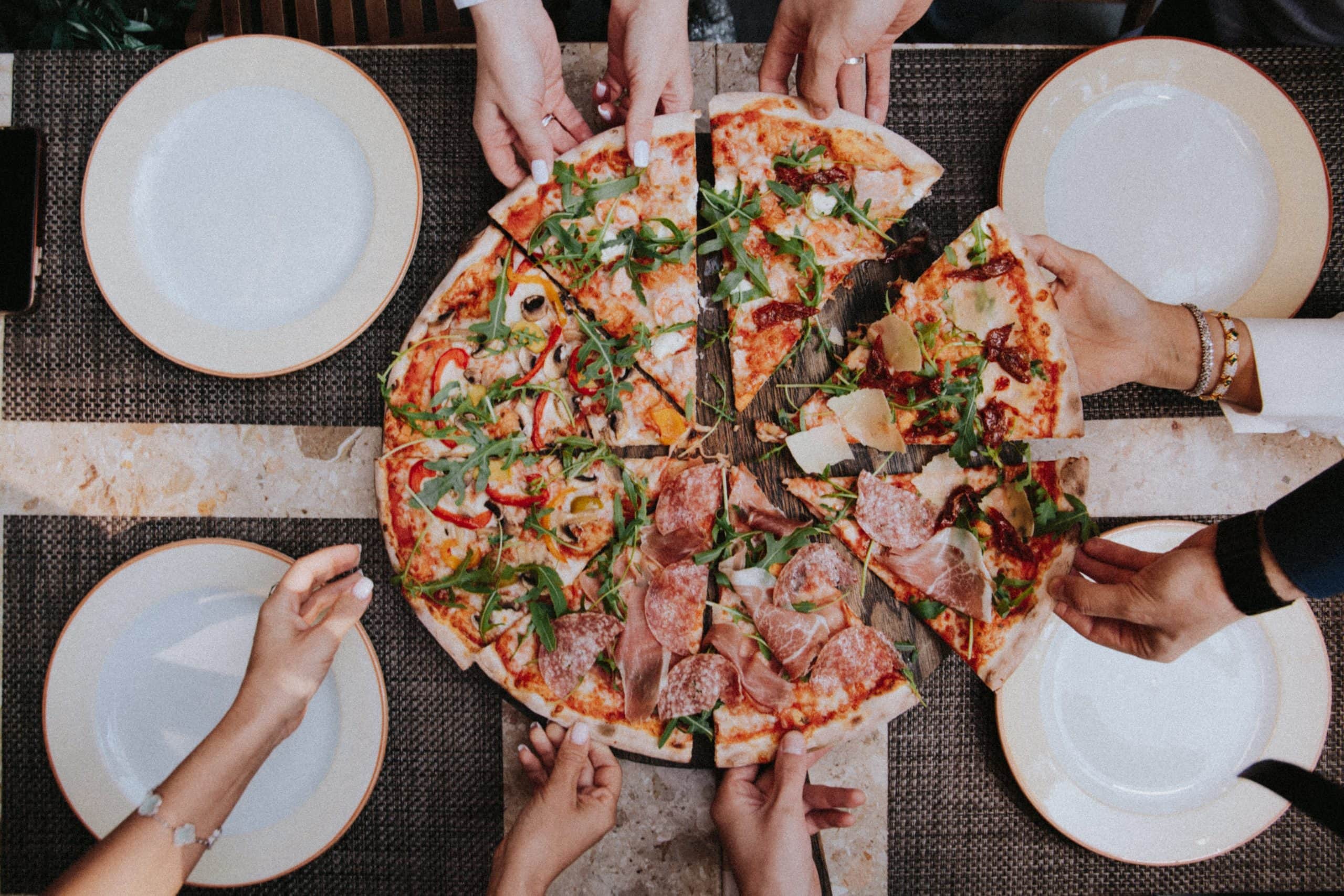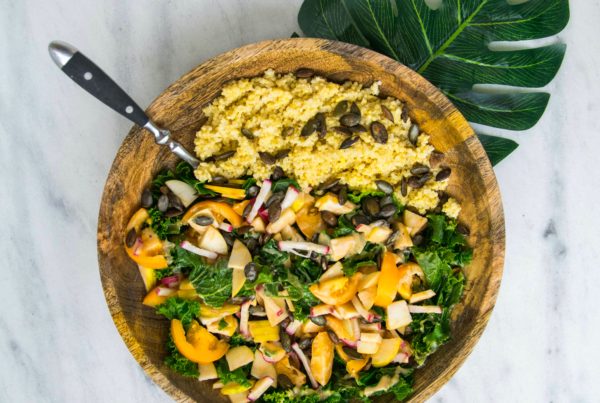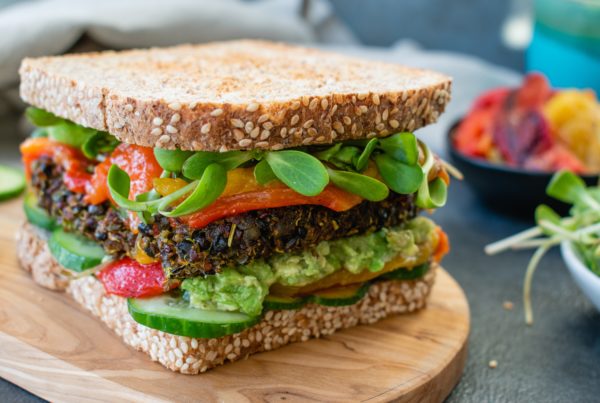Surrounded by a world that pushes many nutritional messages to us, it can be hard to keep up and constantly learn new things that may rethink how we see food. It is important to understand that everyone has a different relationship with food, that is greatly defined by your food culture. Read more to learn about food culture and how it can influence the way we experience food!
Whether you rely on food for maintaining your health, culture, traditions, and mental wellbeing, it is important to realize how food means very many different things to many different people. It is known that food can connect people through many different cultures, generations, and traditions.
Food culture can be defined as the attitudes, practices, and beliefs, in addition to the networks and institutions that surround the productions, distribution, and consumption of food. Food can be about the connection of food and the food system, but also the way that foods impact us and the way we experience them.

Although food cultures vary for each person and culture, it is consistent that food can bring community and provide pleasure to people. This can inspire people to increase their mental wellbeing by promoting social interactions, memories, and using food to celebrate with others.
Cultures and food traditions can be an important part of healthy eating, and choosing foods that relate to your relationship with food can help you grow your skills and knowledge, and share your cultural roots across generations with others.
Especially when food is rooted in culture, it is deeply connected to the ways we support our health and bodies. For example, making a childhood meal that reminds them of a happy memory can bring a sense of joy. Food can also give people a sense of control in their life and give their bodies nourishment, a form of self care!



